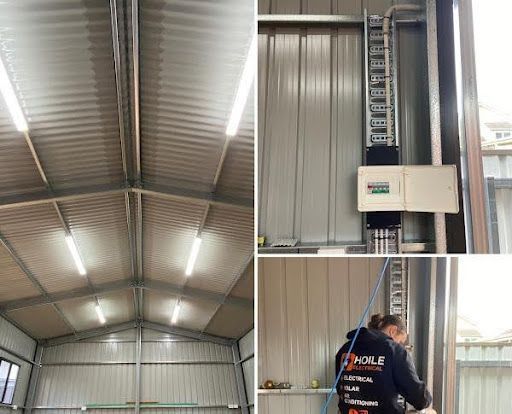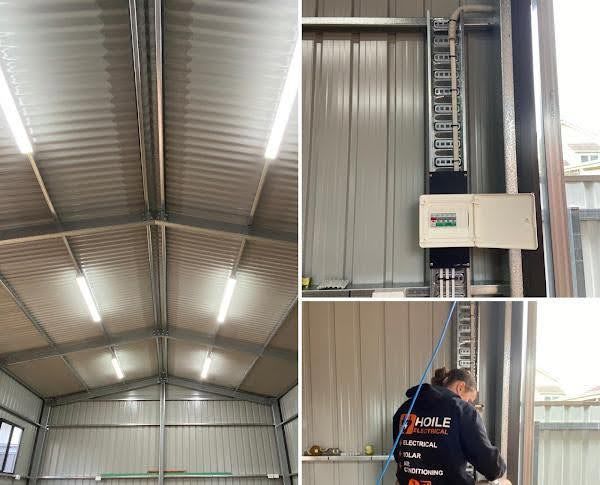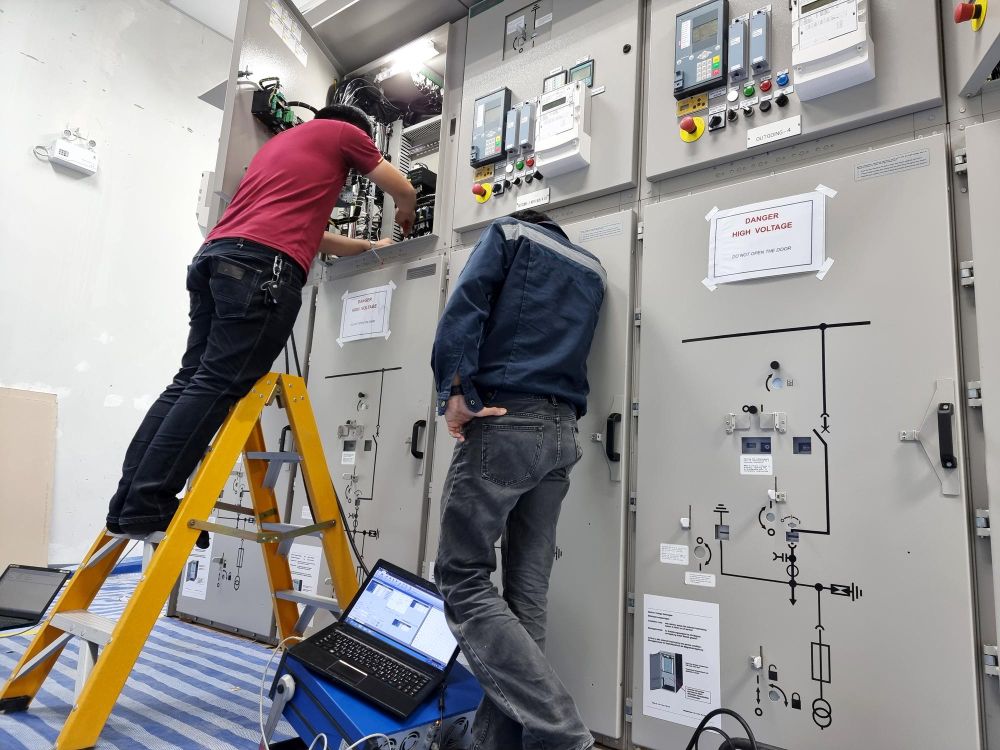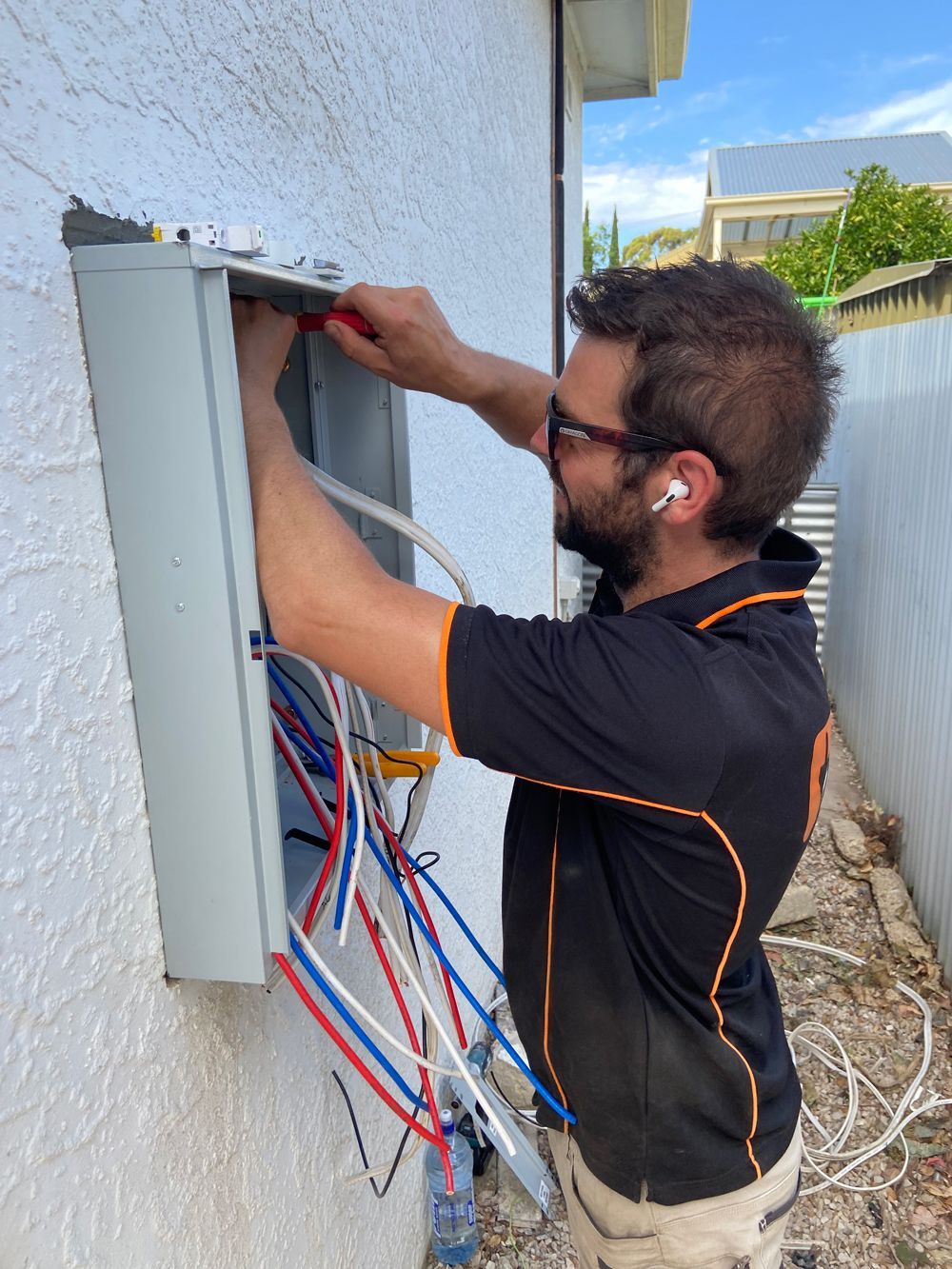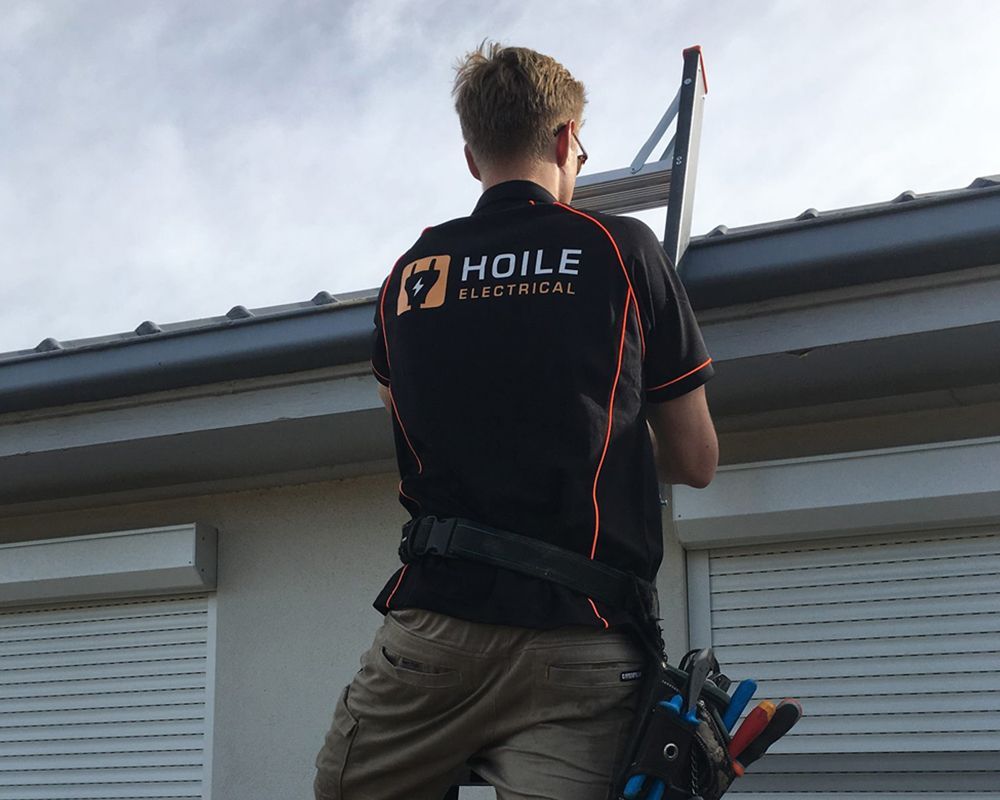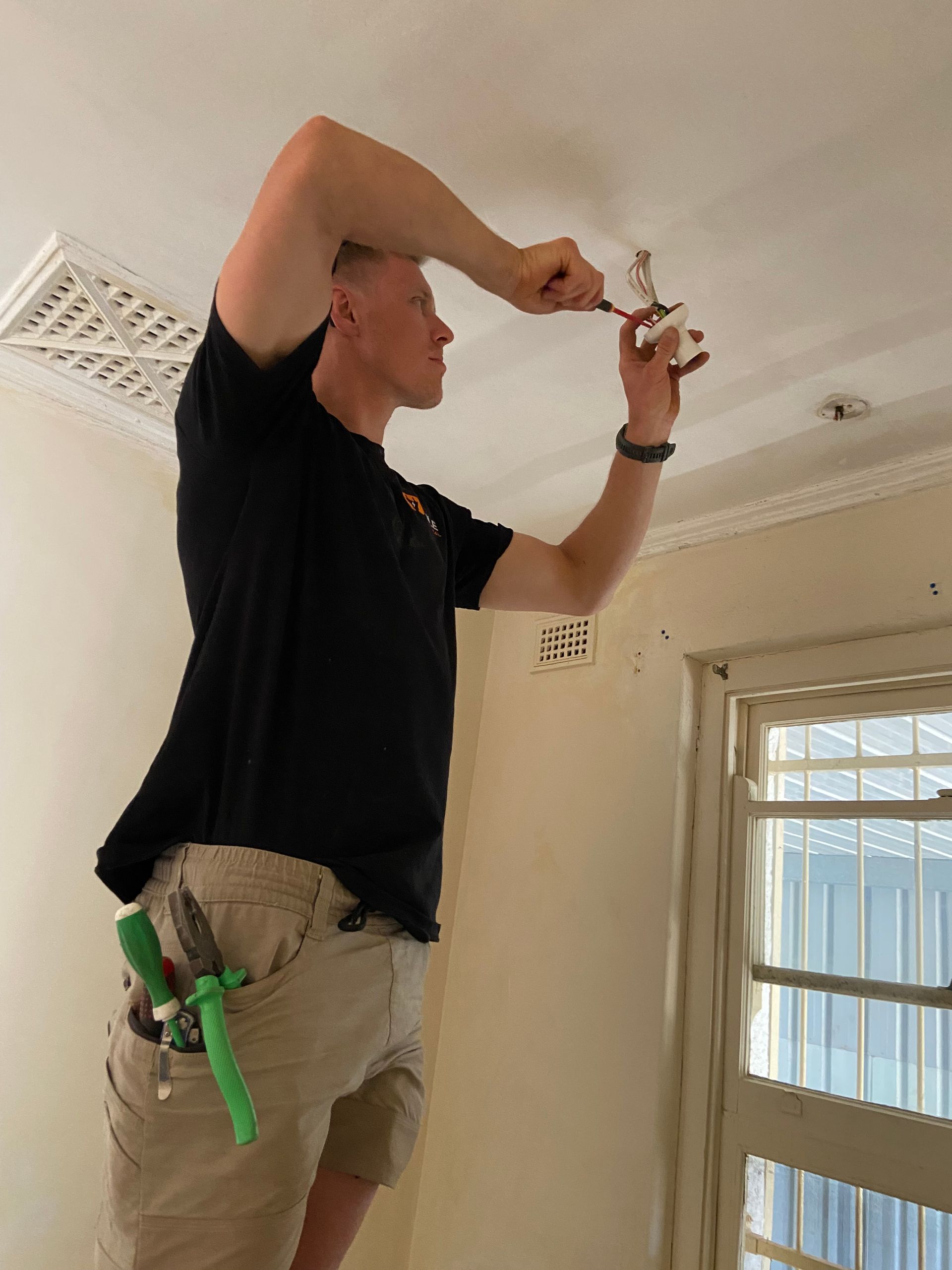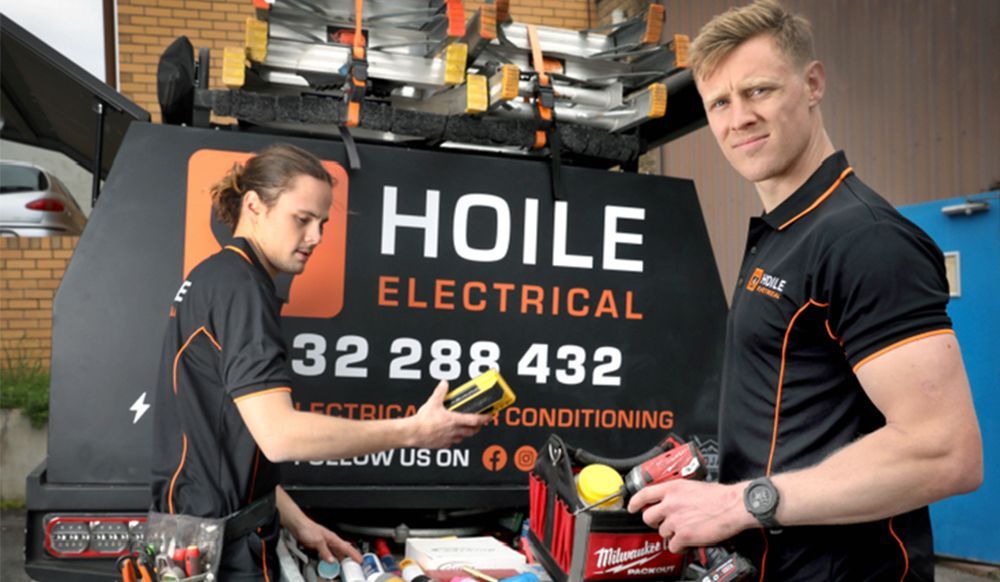Selecting the Perfect Electrician for Your Wiring Project: A Comprehensive Guide
Reasons for Electrical Rewiring
Electrical rewiring is a significant undertaking that involves replacing the entire electrical system in a building. While it can be an expensive and time-consuming project, it is often necessary for a variety of reasons.
Firstly, outdated or faulty wiring poses serious safety hazards. Over time, electrical components deteriorate, leading to potential fire hazards or even electrocution. If your building has outdated knob-and-tube wiring from the early 20th century or aluminium wiring from the 1960s and 1970s, it is essential to consider rewiring to ensure the safety of occupants.
Additionally, inadequate electrical capacity is another reason for rewiring. Older buildings may not have been designed to handle the electrical demands of modern technology and appliances. Outdated wiring may result in frequent circuit overloads, causing blown fuses or tripped circuit breakers. Rewiring allows for the installation of updated and higher-capacity wiring systems that can accommodate today's electricity needs.
Imagine living in an older home with outdated wiring that causes frequent power outages whenever you use multiple high-powered electronics simultaneously. Imagine having to constantly reset tripped circuit breakers and replace blown fuses while going about your daily activities. These inconveniences can be resolved through a thorough rewiring process.
In some cases, renovations or additions to a building might necessitate electrical rewiring. When expanding or modifying a property, it's crucial to ensure that the electrical infrastructure can support these changes adequately. Adding new rooms, making kitchen upgrades, or installing additional outlets requires careful consideration of the existing wiring system's capacity and compatibility.
Lastly, if you're experiencing recurring electrical problems like flickering lights, frequently blown bulbs, or malfunctioning switches and outlets, it may indicate underlying issues with your wiring system. Faulty connections or worn-out insulation can cause these persistent problems, which are best addressed through a comprehensive rewiring project.
Residential Building Needs
Residential buildings, whether old or new, have their own unique electrical requirements. When it comes to electrical rewiring in residential spaces, a few key aspects need careful consideration.
- Adding More Outlets for Modern Demands: Many older homes were built with insufficient electrical outlets to support modern lifestyles. With the advent of numerous electronics and appliances used daily, having an ample number of outlets has become crucial. Electrical rewiring allows for the installation of additional outlets conveniently located throughout a home to meet these growing demands.
- Minimising Extension Cord Use: Just like adding more lanes to a congested road helps vehicles move smoothly and efficiently, installing more outlets through rewiring minimises the use of extension cords and power strips while providing convenient access to plug-in points.
- Enhancing Energy Efficiency: Tackling energy efficiency is another important aspect when rewiring residential buildings. Older homes often lack energy-efficient features, leading to higher utility bills and unnecessary waste. By incorporating energy-efficient wiring systems during the rewiring process, homeowners can take advantage of modern technologies such as LED lighting and smart home automation to reduce energy consumption and enhance sustainability.
- Prioritising Safety Measures: Furthermore, safety is a paramount concern in residential settings. Ageing homes with outdated wiring systems raises the risk of electrical fires and accidents. Rewiring provides an opportunity to update fire-resistant wiring materials such as PVC insulation or install ground fault circuit interrupters (GFCIs) in areas prone to moisture like bathrooms and kitchens. These safety enhancements ensure peace of mind for homeowners and their families.
Commercial Building Needs
When it comes to electrical rewiring in commercial buildings, the stakes are higher compared to residential projects. The complexity and scale of commercial wiring require a skilled and experienced electrician who understands the specific needs of such environments.
- Unique Challenges of Commercial Buildings: Unlike residential settings, commercial buildings often have more extensive electrical systems, multiple floors, high voltage requirements, and stringent safety regulations to adhere to.
Examples of Commercial Rewiring: Consider a large office building that requires rewiring. It may involve updating outdated electrical systems, installing additional outlets, ensuring proper grounding, and addressing any code violations. In some cases, the project may also involve working with other specialised equipment or systems like HVAC, security systems, or industrial machinery.
- Tailored Solutions for Varied Needs: Commercial buildings have unique electrical demands depending on their purpose. For example, a restaurant will have specific electrical requirements for its kitchen equipment and ventilation systems. On the other hand, a retail store may need adequate lighting and power outlets for displays and registers. Understanding these specific needs is crucial for an electrician to provide efficient and effective solutions.
- Expertise Required for Commercial Rewiring: A competent electrician for commercial rewiring projects should possess expertise in handling larger-scale projects with precision. They should be knowledgeable about local building codes and regulations to ensure compliance during the entire rewiring process. Their experience working with complex electrical systems can help identify potential problems or inefficiencies and suggest appropriate solutions.
Selecting a Qualified Electrician
Choosing the right electrician for your electrical rewiring project is essential to ensuring safety, efficiency, and long-term reliability. Here are some key factors to consider when selecting a qualified electrician:
- Licence and Insurance: Ensure that the electrician holds all necessary licences and certifications required by your locality. Additionally, verify that they carry liability insurance to protect you from any potential damages or accidents that may occur during the project.
- Experience and Expertise: Look for an electrician who has substantial experience in handling electrical rewiring projects, particularly in commercial settings. Their expertise should align with the specifics of your project, such as the type of building, scope of work, and any specialised equipment involved.
- Reputation and References: Research the electrician's reputation by reading reviews or asking for references from previous clients. A reputable electrician will have a track record of satisfied customers and positive feedback.
- Clear Communication and Professionalism: Effective communication is crucial throughout the rewiring process. Choose an electrician who listens to your needs, provides clear explanations, and communicates openly about timelines, costs, and any potential challenges that may arise.
- Safety Measures and Compliance: Electrical work involves inherent risks, so ensure that the electrician prioritises safety and follows all necessary safety protocols and regulations. This includes obtaining permits when required and ensuring proper grounding, insulation, and appropriate handling of hazardous materials.
Remember, selecting a
qualified electrician is an investment in your property's safety and functionality. Taking the time to research and evaluate potential candidates will help you make an informed decision and ensure a successful electrical rewiring project.
Professional Credentials to Consider
When it comes to choosing an electrician for electrical rewiring projects, their professional credentials play a crucial role in ensuring a safe and successful outcome. Here are some key factors to consider when assessing the credentials of potential electricians:
Licence and Certification: One of the first things to look for is whether the electrician holds a valid licence and relevant certifications. A licence ensures that they have met the necessary requirements and possess the knowledge and skills needed for electrical work. Additionally, certifications from reputable organisations can indicate their commitment to ongoing professional development.
Experience and Expertise: Rewiring projects can be complex, so it's important to choose an electrician with sufficient experience handling similar projects. Inquire about their specific expertise in residential or commercial rewiring, as this can make a significant difference in their ability to understand the unique challenges of your project.
Insurance Coverage: Electrical work carries inherent risks, which is why it's crucial to ensure that the electrician has adequate insurance coverage. This should include both liability insurance, which protects you from any damages or injuries resulting from their work, and workers' compensation insurance to cover any injuries sustained by their employees on your property.
Reputation and References: Researching an electrician's reputation within the community is essential. Look for online reviews or ask for references from past clients. Word-of-mouth recommendations can provide valuable insights into an electrician's professionalism, reliability, and quality of work.
Continuing Education and Training: Electrical practises and technologies are constantly evolving, so it's crucial to choose an electrician who actively participates in continuing education and stays updated on industry standards and best practises. This demonstrates their commitment to providing high-quality service using the latest techniques and equipment.
Considering these professional credentials will help you narrow down your choices and select an electrician who possesses the necessary qualifications and expertise required for your electrical rewiring project. However, evaluating professional credentials is just one aspect of the selection process—comparing quotes and assessing service quality are equally important.
Comparing Quotes and Service Quality
While cost should not be the sole determining factor when choosing an electrician for your rewiring project, it's essential to compare quotes and consider the overall service quality offered. Here are some key points to keep in mind:
Get Multiple Quotes: Reach out to at least three different electricians and request detailed quotes for your specific rewiring project. This will give you a clear idea of the range of costs involved and allow you to compare different aspects of their services.
Review the Scope of Work: Ensure that each quote includes a comprehensive breakdown of the scope of work they intend to undertake. This should include details such as the type and quantity of materials, labour hours, any additional fees, and timelines for completion. This will help you assess whether all the necessary aspects have been taken into account.
Examine Service Quality: Go beyond the cost and take into account the overall level of service that each electrician offers. This includes promptness in responding to inquiries, professionalism in communication, and willingness to address any concerns or questions you may have. Assessing these aspects can give you a sense of how well they will collaborate with you on your rewiring project.
Consider Guarantees or Warranties: Inquire about any guarantees or warranties offered by the electricians. A reliable professional will stand behind their workmanship and offer assurance that they will rectify any issues that may arise after completing the rewiring project.
By carefully comparing quotes from multiple electricians and considering factors beyond cost alone, such as service quality and guarantees, you can make a more informed decision regarding which electrician is best suited for your electrical rewiring project.
Safety Standards in Rewiring Projects in Allenby gardens
Rewiring a building, whether it be a residential or commercial property, is not an easy task. It involves a lot of technical know-how and expertise to get everything done safely and efficiently. One of the most crucial aspects of any rewiring project is ensuring that safety standards are met throughout the entire process. In Allenby Gardens, safety standards are taken very seriously during any electrical rewiring project.
For instance, Allenby Gardens requires electricians to obtain certain permits before they can begin any rewiring projects. This ensures that licensed professionals are carrying out the work safely and within the legal parameters. The city also enforces strict regulations regarding equipment and tools used by electricians during the rewiring process. These regulations require tools and equipment to be regularly checked and certified as safe for use.
Compliance with safety standards not only ensures the safety of the electricians but also minimises risks to residents or employees of the building being rewired. Safety protocols prioritise precautions about risks such as electrocution, fire hazards, or shock injuries that could potentially occur when handling electricity. These measures also minimise potential risks associated with deploying wrong or defective gear which could cause harm due to overheating or other electrical faults.
While some people may argue that enforcing safety standards just delays project completion time frames while increasing costs initially associated with permit acquisition and compliance, remedying mistakes made in cases of non-compliance is much more costly and sometimes irreversible. Hospitals, schools, and offices all have sensitive infrastructures that require efficient adherence protocols when performing repairs like electrical rewiring, so they should ensure that members of their chosen expert team meet Stacy's tight entry permitting requirements.
Enforcing safety standards in rewiring projects is like putting on a seatbelt before driving your vehicle; you might feel like it's unnecessary, but it is a vital precautionary measure that can save your life in case of an accident. Compliance with safety standards shows a commitment to keeping everyone involved safe and secure. While no one expects any dangers to occur during the rewiring process, taking precautions against potential risks is necessary for the project's success and safety.
Estimating Rewiring Costs and Scheduling
Understanding the costs involved in an electrical rewiring project is essential for effective budgeting and planning. While specific costs can vary based on factors such as the size of the property, complexity of the project, and location, there are a few common considerations to keep in mind:
Materials and labour: The cost of materials, including wiring, electrical panels, switches, outlets, and fixtures, will make up a significant portion of the overall expense. Additionally, labour costs will depend on the time required to complete the project and the rates charged by the electrician or electrical contractor.
Property size and complexity: Larger properties or those with complex electrical systems may require more extensive rewiring work, which can impact the overall cost. This includes factors such as multiple floors, intricate layouts, or specialised equipment.
Additional enhancements: In some cases, you may want to consider additional enhancements during the rewiring process. This could include installing energy-efficient lighting systems, upgrading to smart home technology, or adding surge protection devices. These enhancements can add to the overall cost but may provide long-term benefits.
Scheduling is another crucial aspect of a rewiring project. The timeline will depend on factors such as the scope of work, availability of materials, and coordination with other contractors if necessary. It's important to have a clear understanding of the expected timeline at the outset to manage expectations and plan accordingly.
Choosing HOILE ELECTRICAL for Your Electrical Rewiring Needs in Allenby Gardens
When faced with the critical task of selecting an electrician for your electrical rewiring needs, particularly in a complex environment like commercial buildings, HOILE ELECTRICAL stands out as the go-to choice, especially if you are located in Allenby Gardens. Their expertise extends beyond the ordinary, as they understand the intricacies and unique challenges associated with commercial electrical rewiring. With a deep knowledge of local building codes and regulations, they ensure that every step of the rewiring process adheres to the highest standards of safety and compliance.
HOILE ELECTRICAL's track record of handling large-scale projects with precision is a testament to their competence. They possess the ability to not only update outdated systems and install additional outlets but also to tailor solutions to the specific electrical demands of different commercial purposes, whether it's a restaurant's kitchen equipment or a retail store's lighting and power requirements.
So, when it comes to choosing an electrician for your electrical rewiring project in Allenby Gardens,
HOILE ELECTRICAL emerges as the reliable partner that can effectively address the challenges and complexities of commercial rewiring, ensuring efficiency, safety, and compliance throughout the process.
